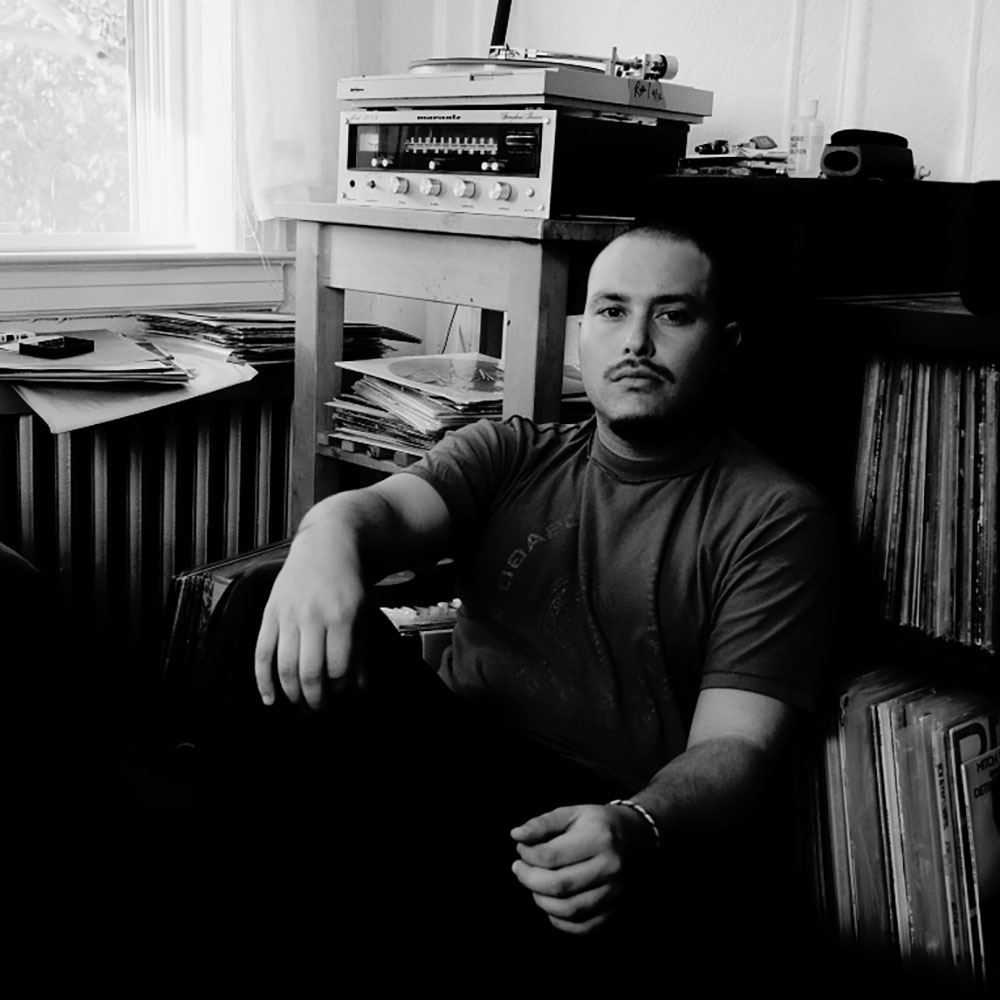Image via Jack McKain
Dr. Jerome Motto was an American psychiatrist known for his influential work in the field of suicide prevention. In the late 1960s, alongside his colleague and statistician Alan Bolstrom, Motto founded what’s known as the Care Letter system, which consisted of sending brief, typewritten notes to patients recently discharged from a psychiatric hospital and believed to be at-risk of suicide. The letters were designed to alleviate social isolation and initiate basic human connection, but at its core, they served as gentle reminders that someone cared about their well-being. The system proved effective. Over the next two years, patients who were sent the letters committed suicide about half the time compared with those in the control group who didn’t receive any correspondence.
For Motto, working with that many suicidal individuals throughout his career meant that he developed a sort of emotional immunity to the tragedies, but there was one self-inflicted death he still couldn’t shake. The psychiatrist was searching the home of a man who jumped off the Golden Gate bridge in the 1970s, and came across a note left behind on his dresser that contained a harrowing admission. The man would not have jumped had someone bothered to smile at him on his walk over to the bridge.
This uniquely-American brand of acute human indifference comes to mind when watching the music video for
“Happen,” the first single from Nick Hakim’s latest album, Cometa. The video, which was shot at director Roy Andersson’s Studio 42 in Stockholm, depicts the many anonymous faces that often make up daily public transit. Directed by Johan Carlsson, the camera pans across individual faces on a train car displaying various levels of expression, from stoic and contemplative to animated and full-of-life. The video ends with Hakim sporting a shaved head and staring solemnly into the camera, as if beckoning the viewer to consider the way we think about, and treat, the everyday people we encounter.
The deeply humane undertones of the “Happen” video are commonplace throughout Hakim’s catalog. Since the late 2010s, Hakim has forged a brand of sprawling psychedelic soul that pulls on heartstrings and captures the most volatile elements of the human condition. Song topics range from the frightening vulnerability of falling in love to profound loss and the aching grief that follows. Hakim’s gentle crooning registers barely above a whisper at times, and serves as delicate brush strokes on vibrant canvases that blurs the lines of R&B, jazz, funk, and psych rock.
Hakim grew up in Washington, DC to parents of Chilean and Peruvian descent. Eclectic sounds often filled the air in his childhood home, from the timeless soul music of the 60s and 70s to hardcore, go-go and reggae. Taking in these wide-ranging styles and influences, Hakim’s early forays into music entailed teaching himself piano as a teenager and recording tracks with his brother who contributed on guitar.
The music programs at Hakim’s local high school served as a creative safe haven for the young musician, who struggled with formal academics and often felt intellectually deficient to that of his classmates. Hakim credits his music teachers as instrumental in contributing to his growth and recognizing the deep devotion he exhibited toward his craft, which culminated in attending Berklee College of Music, initially as a music therapy major. The renowned music institution provided a communal forum for Hakim, who forged valuable friendships and connections that still persist to this day, including with Adrienne Lenker of Big Thief. Hakim released his first two projects while still at Berklee, the EP series Where We Will Go Pt. 1 & 2, in 2014. But it was the release of his proper debut, Green Twins, in 2017 that showcased a prodigal talent with a penchant for swooning melodies and a falsetto capable of causing the most emotionally-hardened person to forfeit their protective walls. From the atmospheric textures of “Bet She Looks Like You” to the slow-burning wail of “Needy Bees,” the album is sensual in nature, exploring feelings of desire and longing for true interpersonal connection.
Diverse collaboration has long been integral to Hakim’s creative philosophy, and Cometa is no different. Contributions range from indie giants Alex G and Helado Negro to rap hitmaker DJ Dahi, a move that – along with a feature on Pink Siifu’s 2021 album Gumbo’!! – could signal a diversion toward more hip-hop collaborations in the future. However, it’s Hakim’s affectionate songwriting and bare musings on the weightless jubilance of love that propels the record to emotional new heights. Cometa marks another artistic achievement in a resume that is quickly growing with them. I caught up with Nick to talk about collaboration, reflecting on early creative works, being inspired by dreams, and his latest album. – Ross Olson

